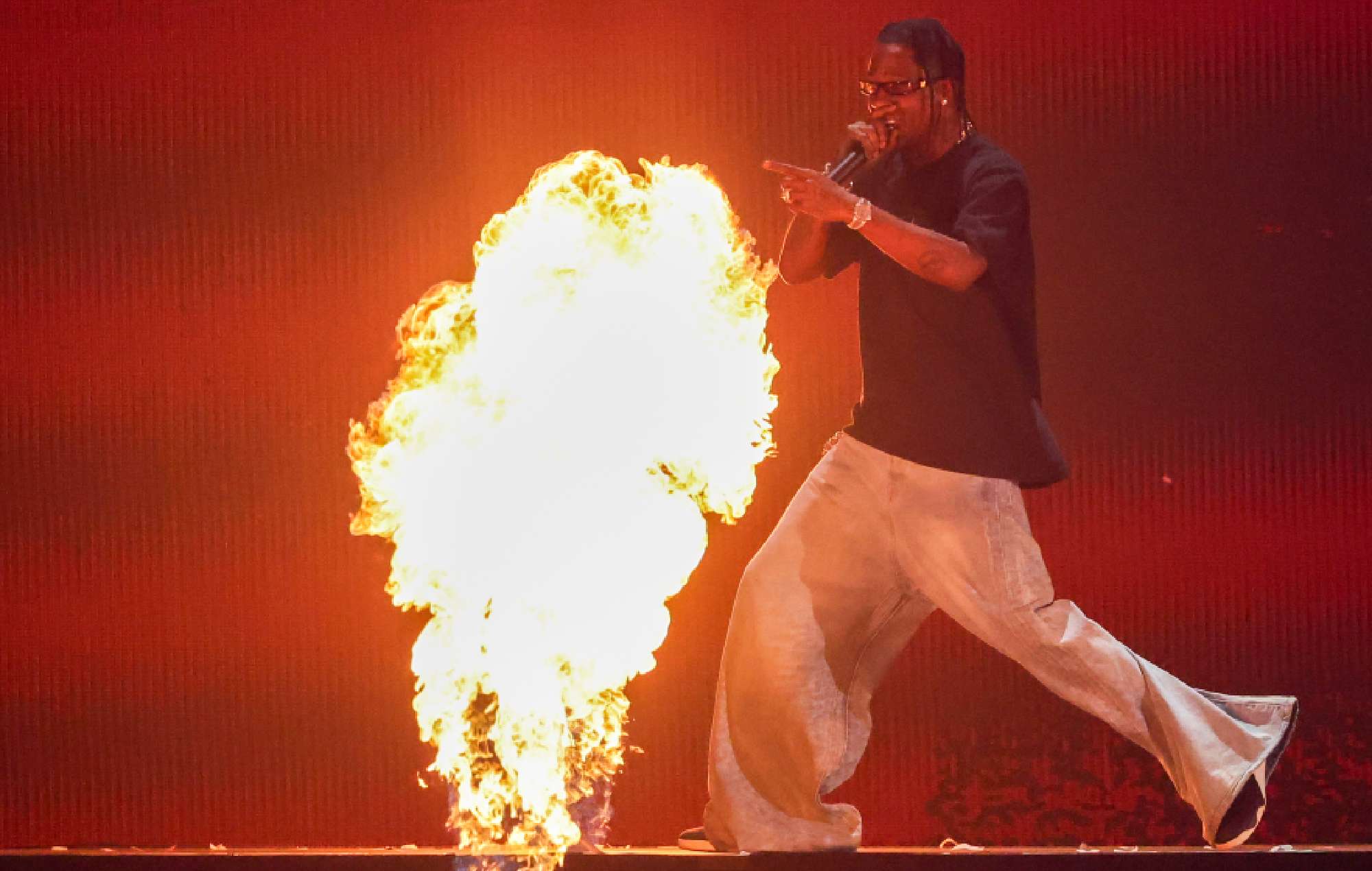
Re-sale tickets for Travis Scott shows are currently available for unusually low prices after scalpers reportedly overestimated demand.
Back in August, the rapper announced the ‘Circus Maximus’ tour – his first headline run of the United States since the 2021 Astroworld tragedy.
However, according to independent tech publication 404 Media, overbuying of face value tickets due to inaccurate forecasts of resale demand has led to prices tanking on the ticket marketplace StubHub.
At the time of publishing, a listing for Scott’s Raleigh, North Carolina show on October 13 showed tickets on sale for as low as $14 (£11.43), compared to a $61.50 (£53.20) face value price.
Re-sale prices for shows appear to go up in price as the tour goes on.
According to writer Jason Koebler, part of the rush to buy tickets was fuelled by a bet placed by PFS Buyers Club, a site where members are “offered exclusive deals to earn money for helping us source limited edition items”, according to the website.
Koebler reported that PFS itself could lose more than $1million (£816,815), while members, who were allegedly told they’d get reimbursed along with a $25 (£20.42) commission per ticket, are said to be floating tens of thousands of dollars on their credit cards.
Issues surrounding ticket pricing and scalping have come to the fore once again in recent months, in part due to huge world tours by the likes of Taylor Swift and Beyoncé.
A new ‘Taylor Swift law’ was introduced to address ticket scalping in Brazil after the singer announced international dates for her ‘Eras’ tour back in June.
It came after numerous Swift fans joined forces to organise a campaign against Ticketmaster following the recent controversy surrounding the recent ‘Eras’ sale.
Swift said in a statement last November that Ticketmaster had “assured” her it was able to handle the huge demand, but she acknowledged how some fans had “such a hard time trying to get tickets” for her 2023 North American dates.
It came after the company announced that the general ticket sale was cancelled, citing “extraordinarily high demand” and “insufficient remaining ticket inventory”.
Elsewhere, Robert Smith said he was “sickened” by Ticketmaster fees applied to The Cure‘s tour after they had aimed for low ticket prices.


 62
62